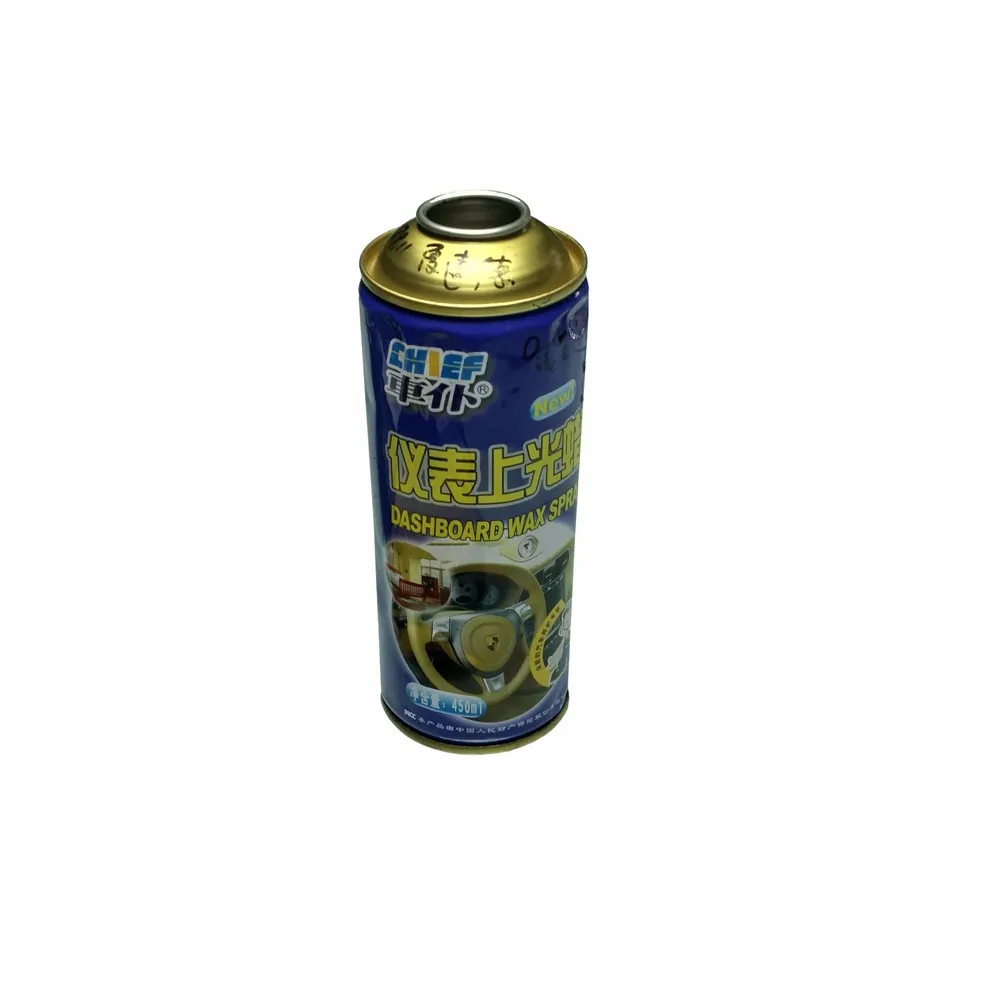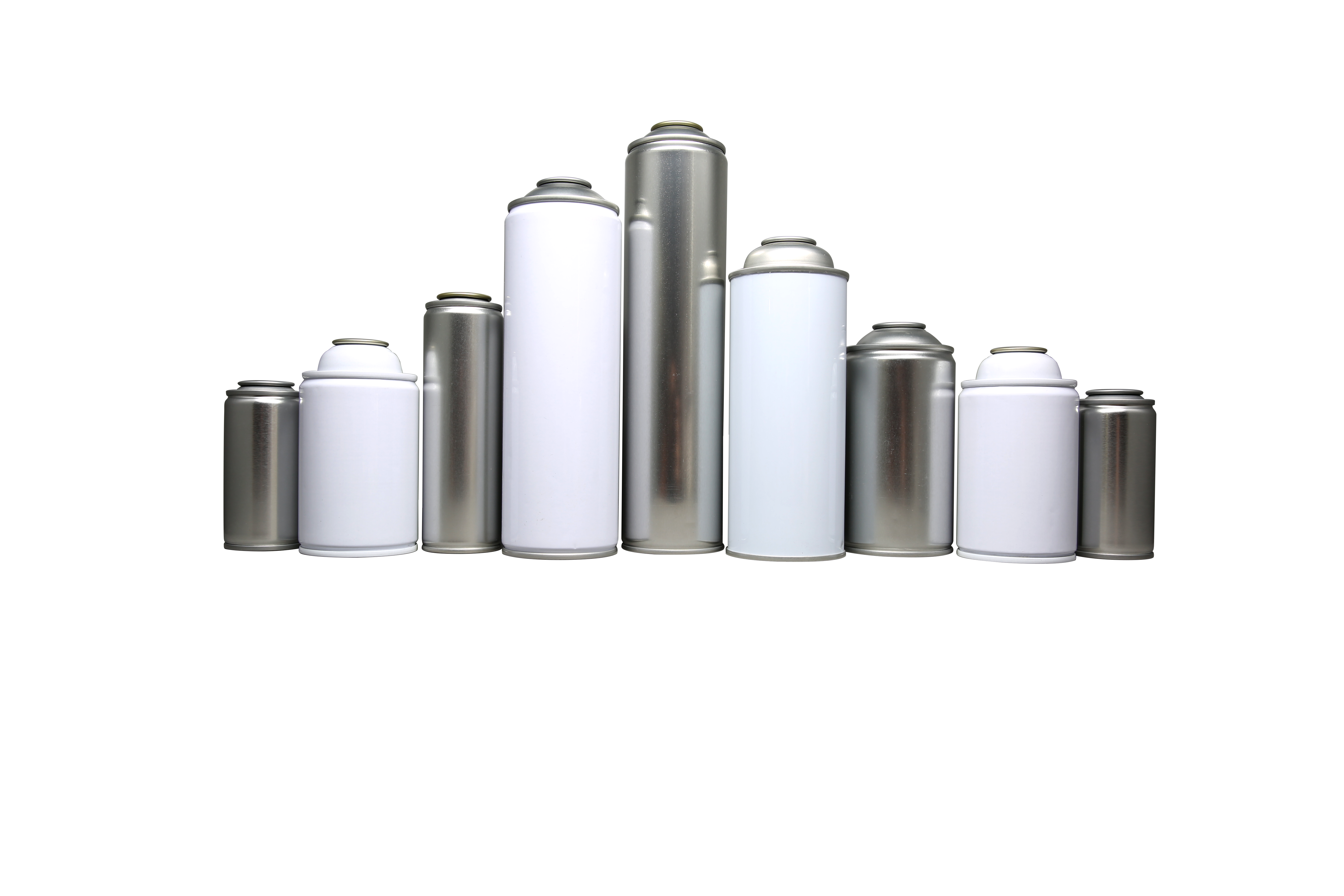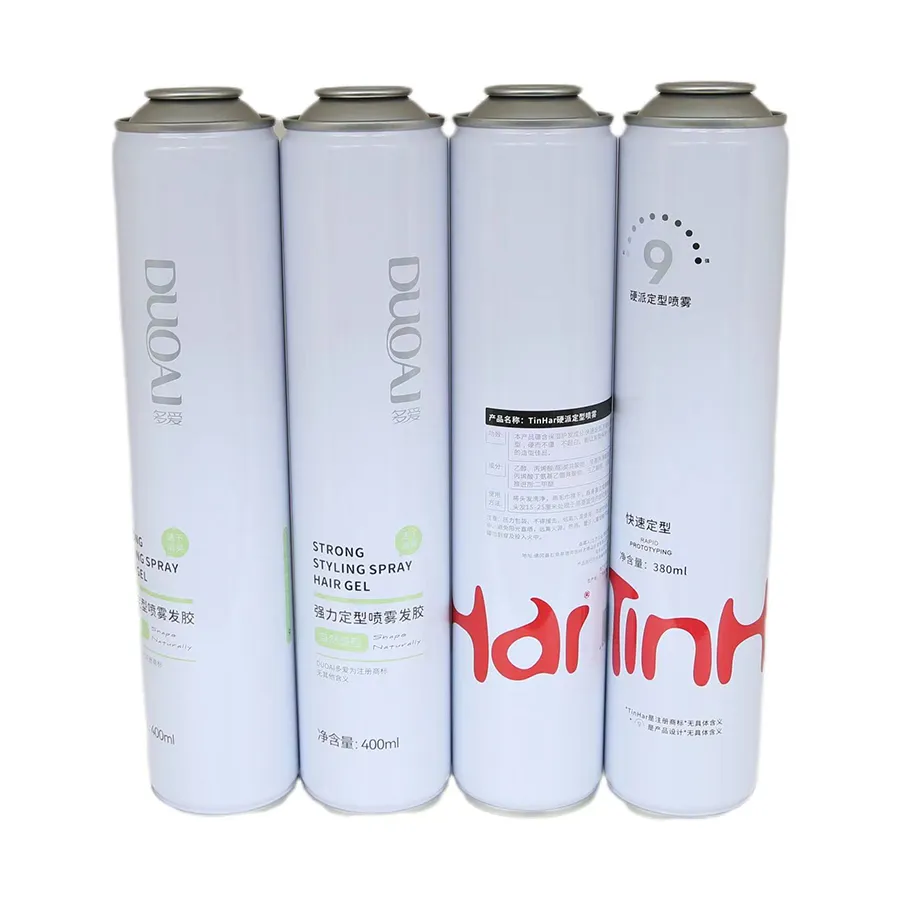Aerosol cans are widely used in personal care, household cleaning, and industrial applications. They contain pressurized gas or liquid and utilize a valve to release the contents in the form of a mist or spray. The convenience and versatility of aerosol can products make them highly competitive in the market.
However, because aerosol can products are pressurized and contain volatile substances, storage conditions have a crucial impact on their safety and longevity. Improper storage can lead to can rupture, leakage, and even explosion.
This article will delve into the storage requirements and precautions for aerosol can products, as well as how to ensure their safe storage in various environments.

What are the characteristics of aerosol can products?
Aerosol cans are sealed metal containers containing pressurized gas, liquid, or solid, with a valve structure to control the release of the contents. Due to the high pressures often present, aerosol can products pose potential hazards, especially under conditions of high temperature, impact, or puncture. Therefore, special care is required during storage.
1. Pressure Characteristics of Aerosol Cans
Aerosol cans are typically filled with a propellant and the product itself. The propellant is often a volatile gas (such as butane, propane, or nitrogen), which is under high pressure within the sealed container.
Depending on the can's application and the propellant, the pressure inside the can may remain high at room temperature. Temperature fluctuations directly affect pressure fluctuations within the can. Rising temperatures cause the gas to expand, further increasing the pressure inside the can.
This is why high-temperature storage environments are extremely dangerous for aerosol cans. Exceeding the container's pressure limit can cause the can to rupture or explode.
2. Corrosive Chemicals
Many aerosol can products contain corrosive substances, such as cleaning agents, pesticides, paints, or industrial lubricants. If these chemicals react with the metal can, they may accelerate corrosion, compromise the can's seal, and even cause leakage or rupture. To protect against the corrosive effects of chemicals, many aerosol cans are coated on their interior and exterior surfaces. However, if the coating is damaged, corrosion can still occur.
Therefore, during storage, aerosol cans must be protected not only from high temperatures but also from impact and scratches.
3. Physical Fragility of Aerosol Cans
Although aerosol cans are typically made of metal materials (such as aluminum and tinplate) and possess a certain degree of strength, they can still deform or crack when subjected to physical impact, compression, or puncture. This physical damage can directly affect the can's seal, leading to uncontrolled internal pressure and potentially serious accidents.
Therefore, aerosol cans must be protected from physical damage during storage and their integrity must be maintained.

What are the storage conditions for aerosol can products?
Storage conditions for aerosol can products:
1. Storage temperature
2. Ventilation of the storage space
3. Prevent physical damage to the can
4. Keep away from sources of fire and heat
5. Prevent leakage and spread
6. Store aerosol cans with the valve and nozzle facing upwards
To ensure the safety and stability of aerosol can products during storage, specific storage conditions and requirements must be adhered to.
1. Storage temperature
Storage temperature is one of the most important factors affecting aerosol can safety. The pressurized gas inside aerosol cans expands and contracts with temperature changes. Therefore, in high temperatures, the pressure inside the can increases dramatically, posing a risk of can rupture. It is generally recommended that aerosol cans be stored between 15°C and 25°C.
• Avoid high temperature exposure: Aerosol cans should be stored away from heat sources such as flames, hot air blowers, and heaters. Furthermore, they should be stored away from direct sunlight, as direct sunlight not only raises the surface temperature of the aerosol cans but can also chemically change the contents, posing safety risks.
• Impact of Low Temperatures: While low temperatures don't directly pose an explosion risk, if the storage temperature is too low, the liquid material inside aerosol cans may solidify, affecting the spraying effect. Therefore, it is recommended that the storage temperature should not fall below 0°C.
2. Ventilation of Storage Spaces
Storage spaces for aerosol can products should be well ventilated. This is because, in the event of a leak, many propellants and contents are flammable, potentially forming a flammable gas mixture. In a poorly ventilated, confined space, gas concentrations can accumulate, potentially causing a fire or explosion if exposed to an ignition source.
Warehouses or spaces where aerosol cans are stored should be equipped with ventilation equipment to maintain good air circulation. This is especially important for large-volume storage. Furthermore, storage areas should be equipped with appropriate fire protection measures to prevent accidents.
3. Prevent Physical Damage to the Cans
Deformation or damage to aerosol cans significantly compromises their safety. Therefore, measures must be taken during storage to protect the cans from impact, crushing, or puncture.
• Classify and store aerosol cans by size and type. Avoid stacking them too high or too close together to prevent deformation of the lower cans due to heavy pressure.
• Use protective racks: For large-scale storage, it is recommended to use specially designed aerosol can storage racks. These racks typically ensure the cans are stored vertically and reduce contact between cans.
• Prevent cans from falling: Aerosol can storage racks should be stable, and the storage area should be free of vibration and tilt to prevent accidental falls and damage to the cans.
4. Keep away from sources of fire and heat
Because the propellant and some of the contents in aerosol cans are flammable, the storage environment should be away from any equipment that could produce sparks or open flames. The following are some precautions when storing aerosol cans:
• No smoking: Aerosol can storage areas should be clearly marked as no smoking and equipped with appropriate fire-fighting equipment.
• Avoid the use of electrical equipment: Avoid the use of electrical equipment in storage areas, especially equipment that could produce sparks, such as electric drills and cutters. If use is unavoidable, ensure the equipment meets explosion-proof standards.
• Control Heat Sources: Aerosol cans should be stored away from heat sources such as radiators and heaters. Aerosol cans should also be protected from prolonged exposure to sunlight or high temperatures.
5. Prevent Leakage and Spread
Aerosol cans often contain volatile liquids or gases. Leaks can quickly spread into the air, forming flammable or toxic gases. Therefore, areas where aerosol cans are stored should be equipped with necessary leak detection and ventilation equipment.
• Regular Inspections: Storage area managers should regularly inspect the cans for signs of deformation, corrosion, or leakage. If any problems are detected, they should be immediately removed from the storage area and properly disposed of.
• Emergency Response Measures: Storage areas should be equipped with necessary emergency response tools, such as absorbent materials and leak containment, to respond to aerosol can leak.
6. Properly store aerosol cans with the valve and nozzle facing upward
Aerosol cans release their contents through the nozzle on top during use, so they should also be stored with the nozzle facing upward. If the can is stored upside down, the pressurized substance may enter the valve, increasing the risk of leakage. Proper storage of aerosol cans not only helps ensure the can's seal but also extends the product's lifespan.

What are the safety regulations and legal requirements for aerosol can storage?
In different countries and regions, the storage of aerosol cans is often subject to strict laws, regulations, and safety standards. These regulations specify specific requirements for fire prevention, explosion prevention, and leak prevention during the storage of aerosol cans.
1. International Transport of Dangerous Goods Regulations
Aerosol cans are classified as dangerous goods. Especially during transportation and large-scale storage, they must comply with the relevant regulations of the International Transport of Dangerous Goods (IMDG Code). This code sets strict safety requirements for the storage, transportation, and handling of aerosol cans to prevent accidents such as leakage and explosion during transportation.
2. Domestic Hazardous Chemical Storage Regulations
In China, the storage of aerosol cans is also regulated by the Regulations on the Safety Management of Hazardous Chemicals. These regulations require that when storing hazardous chemicals, a robust safety management system must be established, regular safety inspections must be conducted, and necessary safety protection facilities must be installed.
3. Fire Safety Requirements
Due to the flammable nature of aerosol cans, storage facilities must comply with relevant fire safety standards. Firefighting equipment and emergency access routes must be accessible at all times to ensure rapid response in the event of a fire.

Can I visit Dekai’s factory in Foshan, China?
Yes, we welcome all potential clients to visit our 50,000m² production facility in Foshan. Seeing our automated machinery, coating lines, and quality control systems firsthand can give you confidence in your supply chain decisions. Contact us to arrange a factory tour, request free samples, or discuss custom packaging quotes directly.

